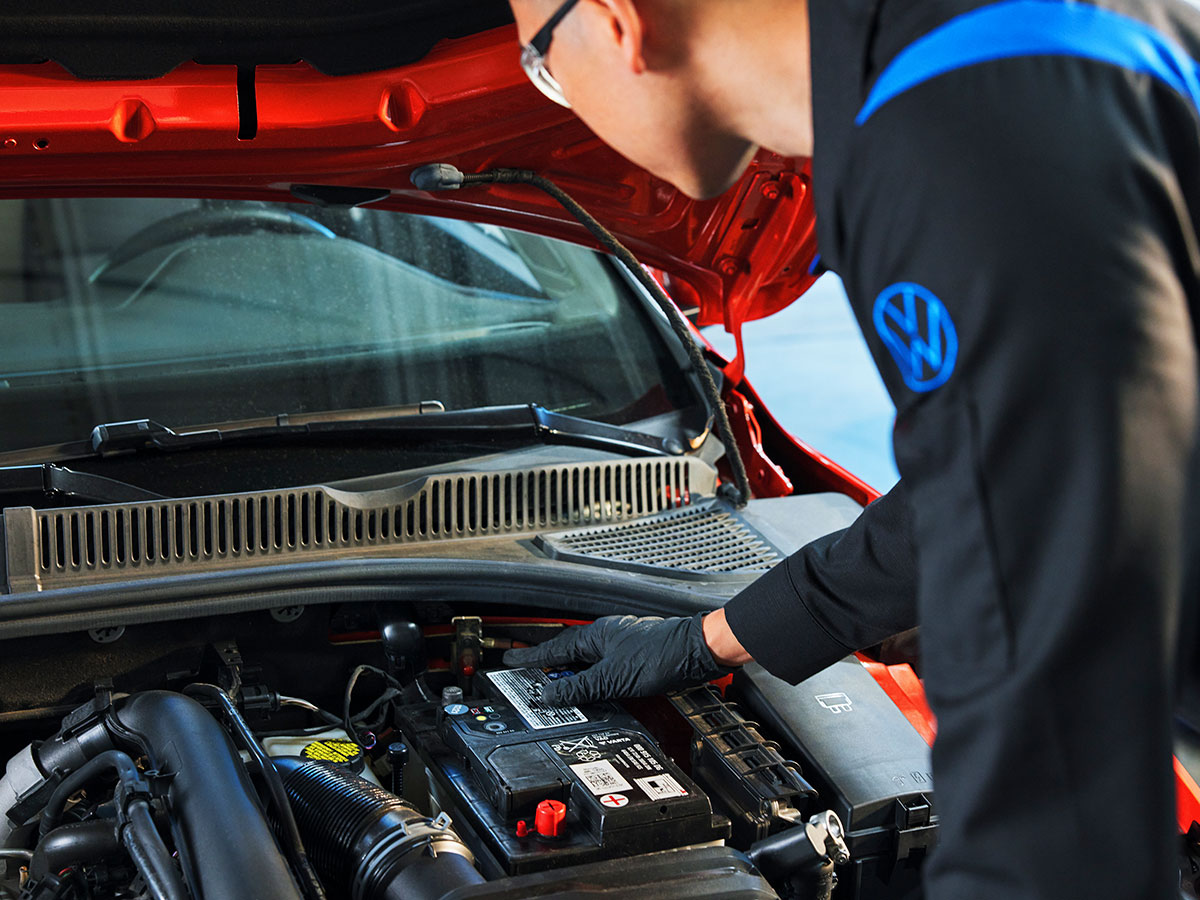In the rapidly evolving energy landscape of 2025, lithium battery companies are driving innovation, sustainability, and global transformation. Positioned at the center of this revolution, lithium Battery Companies are not only meeting the surging demand for cleaner energy solutions but also shaping the future of electric mobility, smart devices, and renewable integration.
The Rise of Lithium Battery Companies in the Global Market
The global shift towards electric vehicles (EVs), energy storage systems, and portable electronics has placed lithium battery companies at the forefront of technological progress. The lithium-ion battery market, projected to exceed $150 billion by 2030, continues to be fueled by strong consumer demand, supportive government policies, and advancements in battery chemistries.
Market Growth and Dynamics
Lithium battery companies are witnessing significant growth across Asia-Pacific, North America, and Europe. Asia, led by China, dominates manufacturing, while North America and Europe focus on localizing supply chains and boosting R&D investments. Strategic collaborations, acquisitions, and the expansion of gigafactories are helping lithium battery companies scale operations and improve cost efficiencies.
Impact of EV Boom
The proliferation of electric vehicles has become a major catalyst for lithium battery companies. Automakers are partnering with or acquiring battery manufacturers to secure long-term supply. This demand is pushing companies to enhance battery performance, increase energy density, and lower charging times—all while maintaining affordability and safety standards.
Leading Lithium Battery Companies Shaping the Industry
CATL (Contemporary Amperex Technology Co. Limited)
CATL remains the global leader among lithium battery companies, supplying to Tesla, BMW, Hyundai, and others. The company invests heavily in research to develop next-gen battery technologies such as solid-state and sodium-ion batteries. CATL’s consistent innovation and massive production capacity make it a critical player in 2025.
LG Energy Solution
A spinoff from LG Chem, LG Energy Solution is one of the most technologically advanced lithium battery companies. It supports major automakers including GM and Ford through joint ventures and large-scale manufacturing plants in the U.S., Poland, and Korea. Their focus on sustainability and recycling technologies sets them apart.
Panasonic Energy
Panasonic has long been a reliable name in the lithium battery world, particularly due to its partnership with Tesla. As lithium battery companies invest in high-nickel cathode batteries, Panasonic has led the charge by enhancing energy density and minimizing cobalt usage in its battery cells.
BYD
BYD is not only a top electric vehicle brand in China but also one of the fastest-growing lithium battery companies globally. Known for its proprietary Blade Battery, BYD is making strides in safety, longevity, and environmental compliance, positioning itself strongly in both passenger and commercial EV markets.
SK On
A relatively new but impactful name among lithium battery companies, SK On, a part of the SK Group, is expanding rapidly. With partnerships in the U.S. and Europe, SK On specializes in high-performance batteries for EVs and energy storage applications.
Emerging Lithium Battery Companies to Watch in 2025
Northvolt
Sweden-based Northvolt has become a strong European contender. With its commitment to green battery production, Northvolt is one of the few lithium battery companies to focus on sustainable supply chains and recycled materials, aligning with Europe’s green transition goals.
QuantumScape
QuantumScape is pioneering solid-state battery development, which promises higher energy density and faster charging. While still pre-commercial, its potential has captured attention from major investors and automakers like Volkswagen, setting the stage for disruptive innovation among lithium battery companies.
Amperex Technology Limited (ATL)
Specializing in consumer electronics, ATL is a key supplier for global tech brands. As smartphones, tablets, and wearables become more power-efficient, lithium battery companies like ATL are focused on miniaturization and high-density energy storage solutions.
Solid Power
Solid Power is another U.S.-based firm advancing solid-state technology. Backed by Ford and BMW, it is developing batteries that are safer and more energy-dense. As lithium battery companies race toward solid-state commercialization, Solid Power is making significant R&D headway.
Gotion High-Tech
Gotion has emerged as a vital player both in China and globally. Its recent expansion into Europe and North America, including partnerships with VW, signals its ambition to become one of the top global lithium battery companies in the near future.
Key Innovations Transforming Lithium Battery Companies
Solid-State Batteries
Solid-state batteries offer enhanced energy density, safety, and lifespan compared to traditional lithium-ion batteries. Many lithium battery companies are investing in this breakthrough, which could eliminate issues like thermal runaway and extend battery cycles significantly.
Lithium Iron Phosphate (LFP) Chemistry
LFP batteries are gaining traction due to their safety, lower costs, and longer lifespan. Leading lithium battery companies like CATL and BYD are mass-producing LFP cells for electric buses, two-wheelers, and mid-range EVs.
Battery Recycling and Second Life
With sustainability becoming a core concern, lithium battery companies are developing recycling technologies to recover valuable materials like lithium, cobalt, and nickel. Second-life applications—where EV batteries are repurposed for stationary energy storage—are also gaining momentum.
AI and Smart Battery Management Systems
Advanced Battery Management Systems (BMS) driven by AI are enhancing safety and efficiency. Lithium battery companies are integrating AI for predictive maintenance, thermal control, and optimized energy usage, significantly improving product lifecycle and performance.
Supply Chain Strategies Among Lithium Battery Companies
Raw Material Sourcing
Securing a consistent supply of lithium, cobalt, and nickel is a pressing challenge for lithium battery companies. Firms are forming joint ventures with mining companies, investing in new extraction technologies, and diversifying sources to mitigate geopolitical risks.
Vertical Integration
Many top lithium battery companies are adopting vertical integration to control their supply chains. Tesla, BYD, and CATL are examples of companies investing across the value chain—from raw materials to cell production and battery pack assembly.
Localization of Production
To avoid trade tensions and reduce carbon footprints, lithium battery companies are establishing manufacturing hubs closer to demand centers. This strategy is evident in the U.S. with companies building battery gigafactories in states like Nevada, Texas, and Georgia.
Regional Insights: Where Lithium Battery Companies Thrive
Asia-Pacific
The APAC region, especially China, Japan, and South Korea, remains the epicenter of lithium battery manufacturing. Competitive pricing, government incentives, and robust R&D ecosystems contribute to the dominance of APAC-based lithium battery companies.
North America
The U.S. is catching up with massive investments under the Inflation Reduction Act, which provides subsidies and tax credits to lithium battery companies operating domestically. This has attracted partnerships and factory announcements from both local and foreign manufacturers.
Europe
With its aggressive decarbonization targets, Europe is rapidly scaling battery production. The European Battery Alliance and other initiatives support local lithium battery companies and startups, fostering an innovation-driven ecosystem.
Challenges Faced by Lithium Battery Companies
Environmental Concerns
Mining for lithium and other key materials has environmental consequences. Lithium battery companies must ensure responsible sourcing and minimize the ecological footprint of extraction and disposal processes.
Technological Limitations
Although performance has improved, issues like charging time, cold-weather performance, and material degradation still persist. Lithium battery companies must continue investing in R&D to overcome these hurdles.
Regulatory Compliance
Meeting safety, transportation, and recycling regulations across different countries can be complex. Lithium battery companies are under increasing scrutiny to maintain compliance and ensure product transparency.
Future Outlook: What’s Next for Lithium Battery Companies?
Integration with Renewable Energy
As solar and wind adoption grows, lithium battery companies will play a critical role in stabilizing power grids. Energy storage systems will require scalable, long-duration batteries that can operate efficiently for years.
Autonomous Vehicles and AI Integration
Autonomous mobility solutions will demand highly reliable and intelligent battery systems. Lithium battery companies are expected to develop smarter, longer-lasting batteries that can communicate in real time with vehicle operating systems.
Advanced Manufacturing
Automation, 3D printing, and machine learning are redefining manufacturing efficiency. Lithium battery companies that adopt these technologies will gain an edge in terms of cost, consistency, and customization.
Conclusion
In 2025, lithium battery companies are more than just manufacturers—they are innovation leaders, environmental stewards, and strategic enablers of a cleaner and smarter world. From powering electric cars to stabilizing renewable energy grids, these companies are transforming how energy is produced, stored, and consumed. As competition intensifies and technology evolves, the most influential lithium battery companies will be those that innovate relentlessly, scale responsibly, and commit deeply to sustainability and global collaboration.



